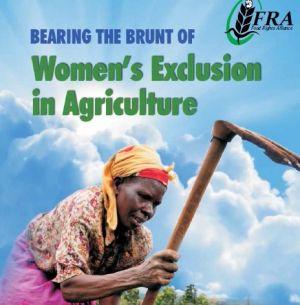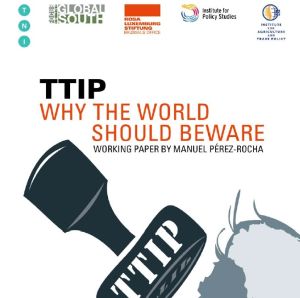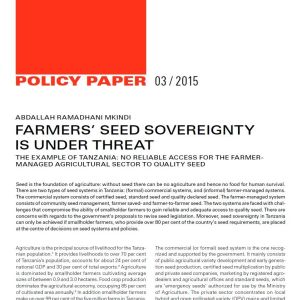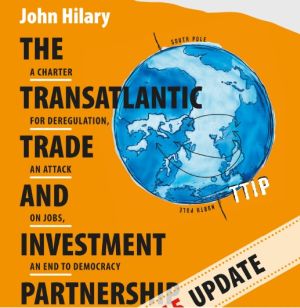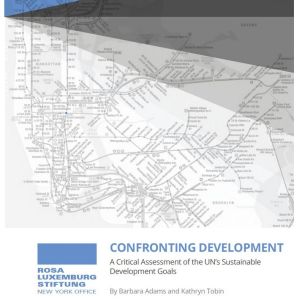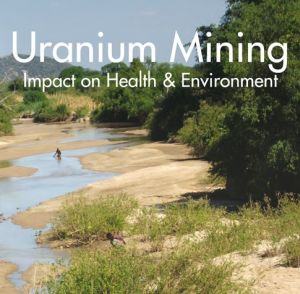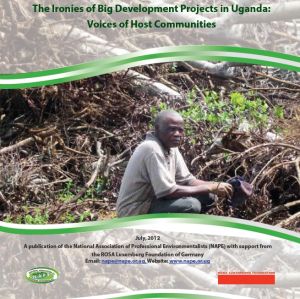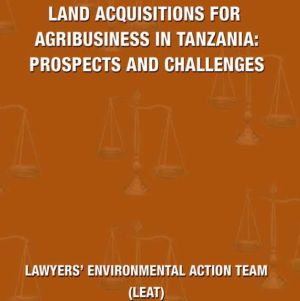Addressing the Critical Gaps that Increase Women’s Vulnerability to Shocks of Poverty, Hunger and Malnutrition | Published by Food Rights Alliance | August 2015 The Food Rights Alliance (FRA) in Uganda presents a compelling study establishing facts about the effects of women’s exposure to shocks of vulnerability, poverty and traumatic stressors of hunger and malnutrition. The study is carried out in two formerly w ...
